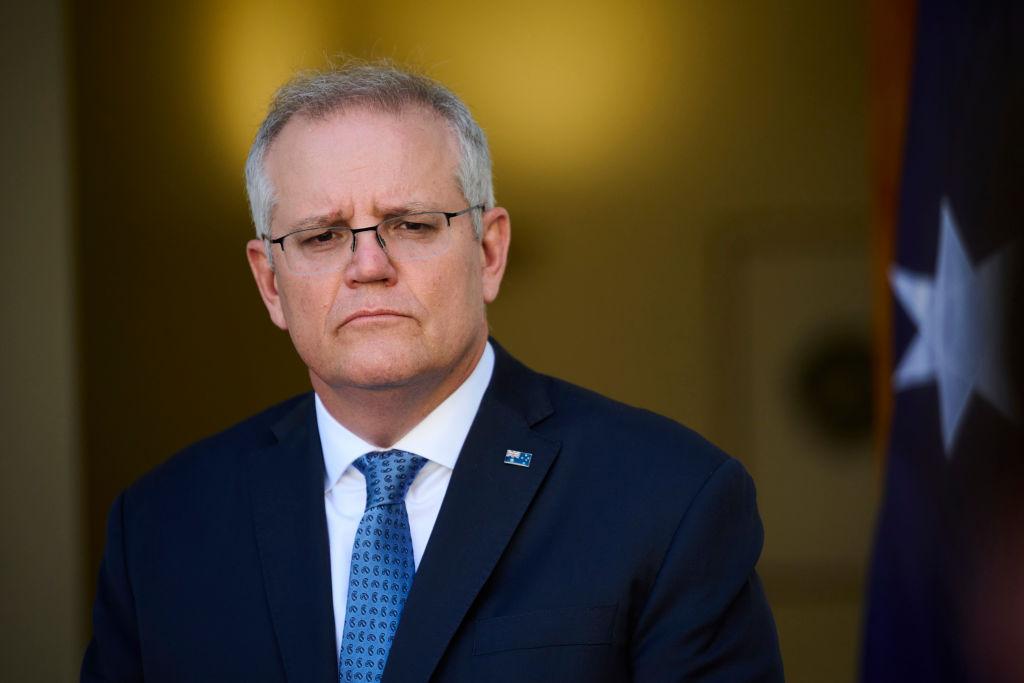Commentary
In a resort on the Sunshine Coast, I recently saw a poster with the caption, “How beautiful it is to do nothing ... and then rest afterwards.” The poster obviously served as an encouragement for people to visit the Coast, enjoy themselves and do nothing, and then rest afterwards. However, the caption could appropriately be used to describe the performance of the Australian federal government, at least in the domestic arena.





